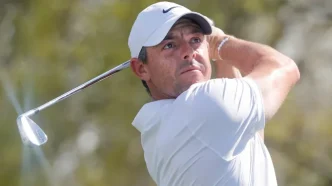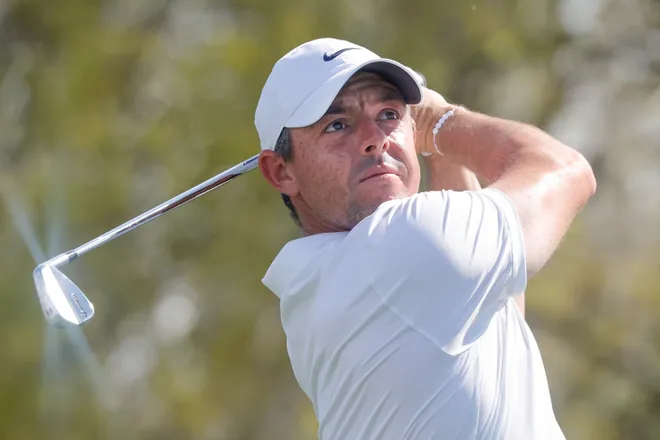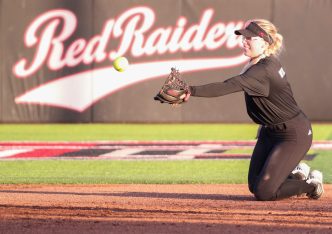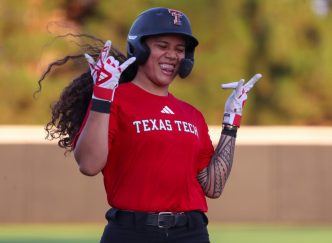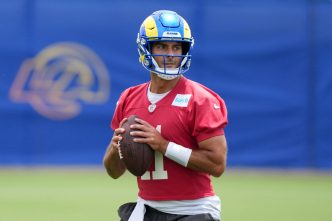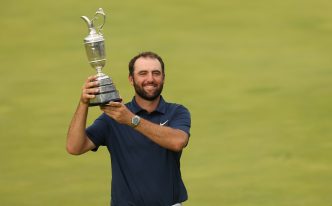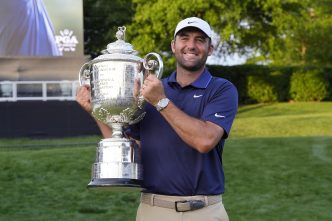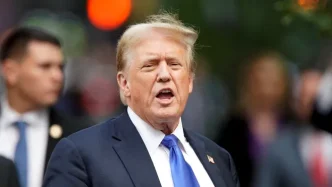Sunday at the Masters served up what many anticipated would be a showdown between Rory McIlroy and Bryson DeChambeau. However, the final round took an unexpected turn as McIlroy ultimately triumphed over Justin Rose in a nail-biting playoff, while DeChambeau, though not in the mix at the end, managed to stir the pot in a different way.
After the round, DeChambeau revealed something intriguing: McIlroy had given him the cold shoulder for all 18 holes. As you might imagine, chatter about this dynamic was in full swing, especially considering the tension that has historically surrounded the two golfers. But we got some clarity when Bob Rotella, McIlroy’s sports psychologist, stepped in to shed light on the situation during a conversation with BBC Radio 4.
Rotella explained that the decision for McIlroy to keep his distance from DeChambeau wasn’t personal but rather a strategic maneuver. “That didn’t have anything to do with Bryson. That was just the game plan all week, and we wanted to get lost in it,” Rotella emphasized. The team’s emphasis was on insular focus—making sure McIlroy tuned out distractions, including others’ scores or swings, concentrating solely on his own game.
Echoing this sentiment, McIlroy himself told CBS’ Amanda Balionis that his approach was centered around avoiding any external hype: “I think the big thing is not to make it a rematch; stay in my own little world.” He mentioned the need to be aware of other players on the leaderboard without losing his own rhythm—a balance between awareness and self-containment.
And what a wise strategy it turned out to be. McIlroy faced significant pressure as he flirted with one of the most daunting collapses of his career. He let a five-stroke lead slip in the back nine and even found himself in a playoff after a missed putt on the 18th. The ensuing playoff showcased a pivotal moment in McIlroy’s career, where he delivered a clutch performance that ultimately secured a hard-earned, emotionally charged victory.
It was an incredible display of mental toughness and resilience—exactly the kind of theater golf fans relish, even if DeChambeau’s influence faded early in the round. While McIlroy may have preferred a smoother ride to victory, the dramatic stakes only amplified the significance of his win. This was a moment that will certainly be remembered, not just for the competition but for the introspective, focused journey McIlroy undertook throughout the event.

